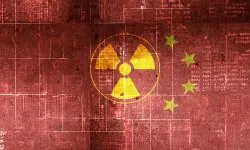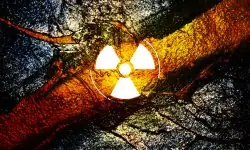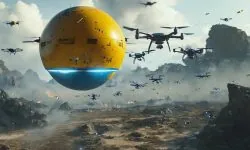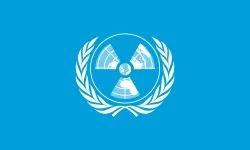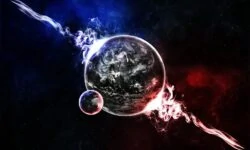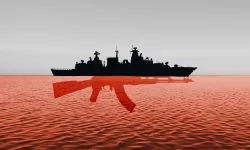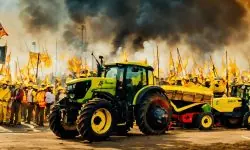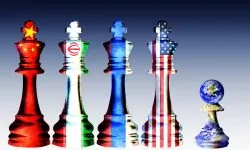The articles in this section focus directly on real world issues with geopolitical stakes.
Here you will find in-depth analyses.They are sorted out by issues presented below. You can also access our scans, i.e. information collected to identify signals, presented without analysis.
Then, we explain how we select issues and finally you can access the latest articles published.
French translations: Only recent articles are human translations. We gradually review the automatic translation (DeepL) of the remaining 600 plus articles…
>> To Think-Tank Page
Geopolitics by Issues
Access the articles in this section by chapters.

Our new initiative Climate Change, Planetary Boundaries and Geopolitical Stakes – incl. Water security, Energy security and Extreme environments (Arctic, Antarctica, Space, Deep Sea, etc.) besides Environmental Geostrategy

Pandemics – incl. the COVID-19 Pandemic

War – incl. Ukraine, The Islamic State, Syria, Libya
Photos and Art Design by Jean-Dominique Lavoix-Carli (images 1,3,6), Pixabay (2,5), various public domain (4).
Monitoring and Scanning
Our scanning and monitoring is grounded in years of practice and in-depth knowledge and experience of research for political and geopolitical issues.
Our complimentary scans are discontinued. We only provide scans on a commissioned basis.

The Sigils: a series of daily, raw (non edited) scans. Each focuses on a specific issue.

The Red Team Analysis Weekly scanned the horizon every week for weak – and less weak – signals regarding all political and geopolitical risks and uncertainties, as well as national and global changes and instability, using crowdsourcing.
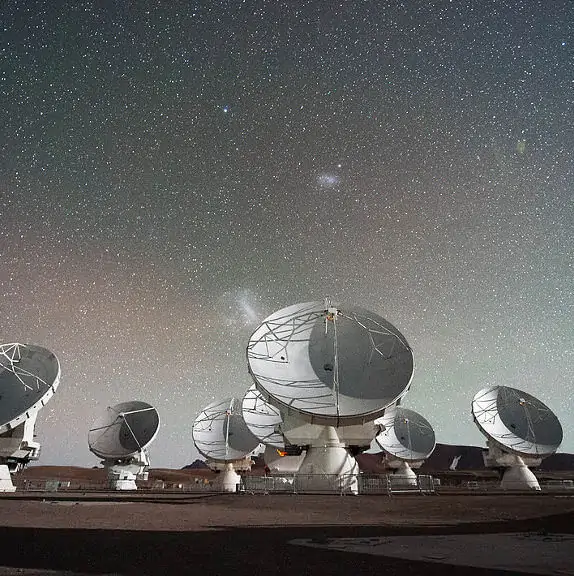
Horizon Scanning Board
(demonstration sample only) – The system provides selected open source intelligence – OSINT – signals that are particularly interesting, among all the signals identified. The collection of signals provided here are a demonstration sample only.
Photos from ESO Photo Ambassadors
How we select geopolitical issues
In this section, we address the major issues our contemporary world faces. These issues may obviously be part of geopolitics, for example the crisis and conflict in Ukraine or the Islamic State and terrorism. They may also surprise you because they are not usually think about as related to geopolitics, as with the COVID-19 pandemic.
What determines if an issue must be put under watch and analysed is the impact it has on the security of polities and societies, hence the larger field of “international security”, which is more adequate as a category than geopolitics.
The issues we address may be mainstream and correspond to acute crises at one stage, or, on the contrary ignored by the media and larger public.
It is absolutely crucial to consider the issues belonging to the second category. Indeed the deeper processes run in the background, often below collective perception level, but fundamentally influence and constrain our choices. They must thus be known and explored. Furthermore, they will often lead to apparently sudden crises. If we make an analogy with volcanoes, you can imagine these deeper dynamics and issues as the earth mantle and plates, slowly changing and reorganising themselves, while this very reorganisation leads to pressure and volcanic eruption. A perfect example for this type of issues is climate change and all environmental problems.
>> To Think-Tank Page
Our latest articles
- The Future of Uranium Demand – China’s Surge(Art direction and design: Jean-Dominique Lavoix-Carli) The world is poised to make the effort to treble its nuclear energy capacity by 2050. Even though uranium reserves are meant to be abundant and widespread worldwide, the necessity of producing uranium from mines, with long timelines from exploration to extraction and milling, added to the fate of …
Continue reading “The Future of Uranium Demand – China’s Surge”
- Uranium and the Renewal of Nuclear Energy(Art direction and design: Jean-Dominique Lavoix-Carli) A new era starts for nuclear energy. The December 2023 “Declaration to Triple Nuclear Energy by 2050”, signed by 22 states, officially cemented the beginning of the renewal of nuclear energy (see Helene Lavoix, “The Return of Nuclear Energy“, The Red Team Analysis Society, 26 March 2024). Then, on …
Continue reading “Uranium and the Renewal of Nuclear Energy”
- AI at War (1) – Ukraine(Art direction: Jean-Dominique Lavoix-Carli) Combat robots, AI targeted air strikes, new generation cyber and information warfare, AI generated deep-fakes, unmanned air and sea military vehicles, and smart artillery are being currently massively projected on the theatres of operations of Ukraine, Gaza and the Red Sea. As it happens, those new weapons systems are different iterations …
- Anticipate and Get Ready for the Future – PodcastStrategic Foresight or How Not to Be Surprised. Listen to Dr Helene Lavoix’s interview by Julien Devaureix for Sismique, “the channel with over 4 million listeners.“ “In today’s highly volatile and rapidly changing environment, it is imperative for our contemporary societies and for all players, whether private or public, to reduce the uncertainty associated with …
Continue reading “Anticipate and Get Ready for the Future – Podcast”
- The Return of Nuclear Energy(Art direction and design: Jean-Dominique Lavoix-Carli) On 21 March 2024, thirty two heads of states and governments and special envoys met in Brussels for a summit that received little media attention, despite a very high level attendance. This meeting was the first ever Nuclear Energy Summit, jointly hosted by the International Atomic Energy Agency (IAEA) …
- Climate Change, Planetary Boundaries and Geopolitical StakesAdapting and Making the World Sustainable Again Strategic Foresight, Early Warning and Geopolitics Serve the Future Planetary boundaries* are being overstepped. These changes are fundamentally upsetting our world. These mutations are here to last, spread and increase. We must act now. We must prepare to adapt to the myriad of alterations taking place in all …
Continue reading “Climate Change, Planetary Boundaries and Geopolitical Stakes”
- Apocalypse in the Red Sea – Anthropocene Wars (9)(Art direction and design: Jean-Dominique Lavoix-Carli) Given the speed and political density of the historic sequence opened by the war in Gaza, this third article only covers the period from 20 October 2023 to 10 February 2024. In December 2023, the Pentagon launched Operation Prosperity Guardian in the Red Sea. The operation is the U.S. …
Continue reading “Apocalypse in the Red Sea – Anthropocene Wars (9)”
- Understanding a Protest Movement and its CrescendoFarmers’ protests have spread throughout Europe (notably France, Germany, Hungary, the Netherlands, Poland, Romania…) since at least mid-2023 with escalation at the start of 2024, as well as in India although for different reasons. In this light, we republish two articles that address the issue of protests and how they should or could be answered. …
Continue reading “Understanding a Protest Movement and its Crescendo”
- Which Country has the most Influence in the World?(Art direction and design: Jean-Dominique Lavoix-Carli) Given the escalating geopolitical tensions at the beginning of 2024, it is crucial to understand the evolution of the international influence of players on the world stage and its trends. In this article, we offer a vision of this international influence and how it changed over time, since the …
Continue reading “Which Country has the most Influence in the World?”
Join the Adventure!
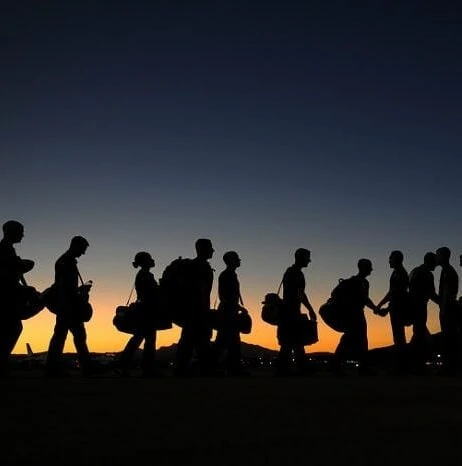
A part of our research articles and analysis on global issues and geopolitical stakes are premium content, to guarantee quality. Yet, we are also striving to offer as many as possible of our articles for free (open-access).
This is only possible with YOUR voluntary support
Become a member of the Red Team Analysis Society to support independent and in-depth analysis.
Donate and contribute to fund analysis and increase the number of open-access articles





